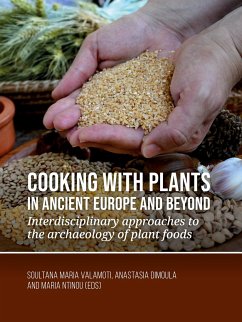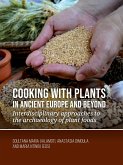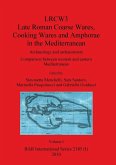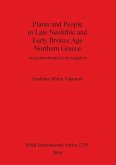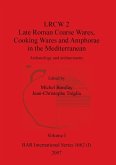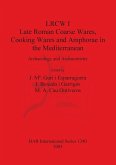Plants have constituted the basis of human subsistence. This volume focuses on plant food ingredients that were consumed by the members of past societies and on the ways these ingredients were transformed into food. The thirty chapters of this book unfold the story of culinary transformation of cereals, pulses as well as of a wide range of wild and cultivated edible plants.Regional syntheses provide insights on plant species choices and changes over time and fragments of recipes locked inside amorphous charred masses. Grinding equipment, cooking installations and cooking pots are used to reveal the ancient cooking steps in order to pull together the pieces of a culinary puzzle of the past. From the big picture of spatiotemporal patterns and changes to the micro-imaging of usewear on grinding tool surfaces, the book attempts for the first time a comprehensive and systematic approach to ancient plant food culinary transformation.Focusing mainly on Europe and the Mediterranean worldin prehistory, the book expands to other regions such as South Asia and Latin America and covers a time span from the Palaeolithic to the historic periods. Several of the contributions stem from original research conducted in the context of ERC project PlantCult: Investigating the Plant Food Cultures of Ancient Europe. The book's exploration into ancient cuisines culminates with an investigation of the significance of ethnoarchaeology towards a better understanding of past foodways as well as of the impact of archaeology in shaping modern culinary and consumer trends.The book will be of interest to archaeologists, food historians, agronomists, botanists as well as the wider public with an interest in ancient cooking.
Hinweis: Dieser Artikel kann nur an eine deutsche Lieferadresse ausgeliefert werden.
Hinweis: Dieser Artikel kann nur an eine deutsche Lieferadresse ausgeliefert werden.

